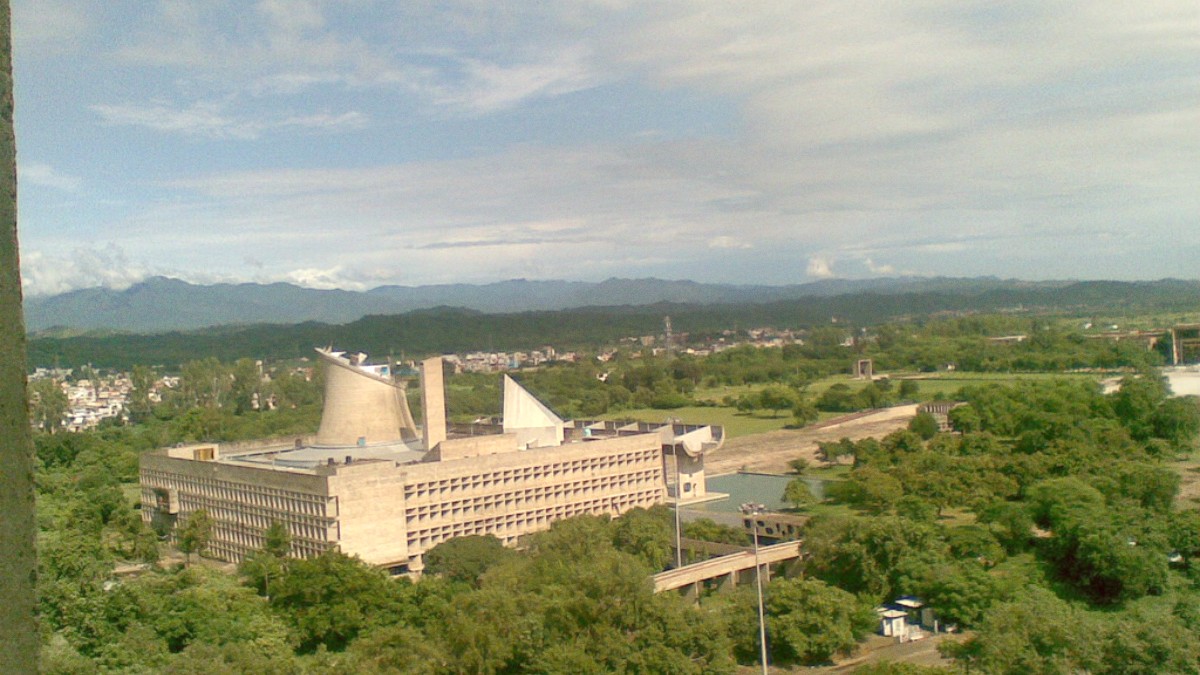
Punjab And Haryana, India
Consult your doctor or a travel clinic well before your trip for vaccinations. A Yellow Fever vaccination certificate is necessary only if you arrive from or transit through a country with Yellow Fever transmission risk. Check current health advisories. Recommended vaccinations include routine ones (MMR, DTaP, Varicella, Polio, annual flu shot), Hepatitis A and B, and Typhoid. Consider Rabies if planning a long-term stay, work with animals, or visits to rural areas. Japanese Encephalitis is an option for extended time in rural agricultural areas, especially during monsoon season.
Common health concerns include Traveler's Diarrhea. Drink only bottled or purified water, always checking the seal. Avoid ice from tap water. Eat only hot, well-cooked food. Avoid unpeeled fruits and raw vegetables washed in tap water. Wash hands frequently or use Hand Sanitizer. Mosquito-borne diseases (Dengue, Chikungunya, Malaria) are present. Use Insect repellent, wear long sleeves and pants. A Mosquito Repellent with DEET is effective. Heatstroke/Dehydration is a risk during summer. Stay hydrated, wear light clothing, and avoid midday activity. Air pollution can be high in winter; a face mask is an option if sensitive to air quality.
Tap water is generally not safe for direct consumption. Drink only bottled water (check the seal), filtered water, or water purified using a portable filter. Eat hot, freshly cooked food. Avoid raw salads, unpeeled fruits, and food from street stalls that appear unhygienic. Look for busy eateries with high customer turnover; this suggests fresh preparation.
India generally does not require mandatory health certificates or vaccination proofs beyond routine vaccinations for entry, except for Yellow Fever if coming from a risk country.
Vigilance in crowded areas
Pickpocketing and bag snatching occur in crowded areas. Remain vigilant and secure belongings.
Tourists face touts, overcharging taxi drivers, or unsolicited "help." Be firm but polite.
Extra caution advised
Punjab is generally safe for tourists in major cities and popular areas.
Solo female travelers should exercise extra caution, especially after dark. Dress modestly.
Seasonal risks present
Severe heatwaves occur during May-June. Monsoons (July-September) bring localized flooding.
Dense fog in December-January impacts visibility, causing travel delays for flights and trains.
Keep this information easily accessible. Local Emergency Numbers: All-in-one Emergency: 112. Police: 100. Fire: 101. Ambulance: 102. Also, keep the contact details of your country's embassy or consulate in India (most likely in New Delhi) readily accessible. Register your travel plans with them if that service is available.
Report a lost passport or visa to the local police immediately. Obtain a copy of the First Information Report (FIR). Then, contact your embassy or consulate for assistance with emergency travel documents.
Get a policy that covers medical evacuation for serious incidents.
Consider AirHelp for delayed or canceled flights.
Explore anti-theft bags and products from Pacsafe.
Pack supplies from Adventure Medical Kits.
Consider water filtration products from LifeStraw.